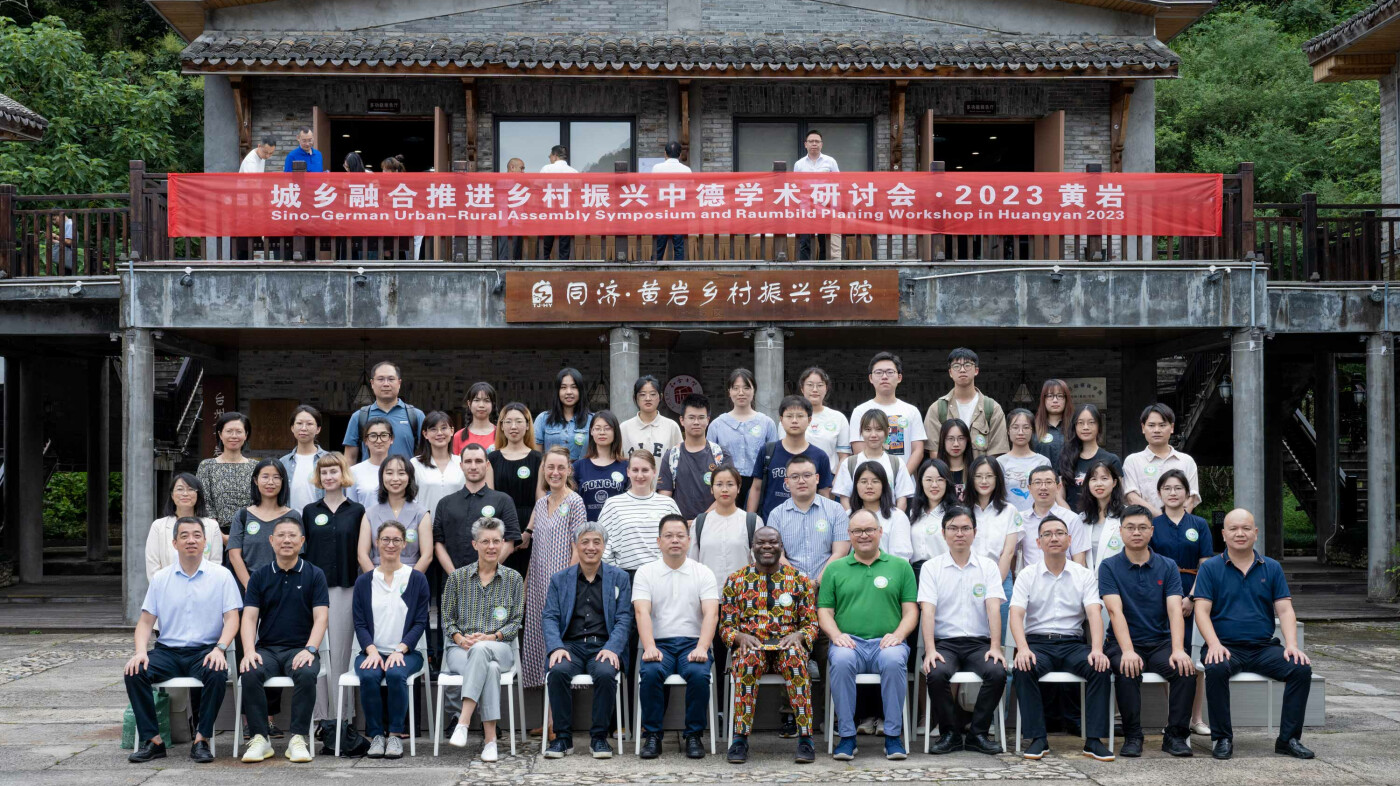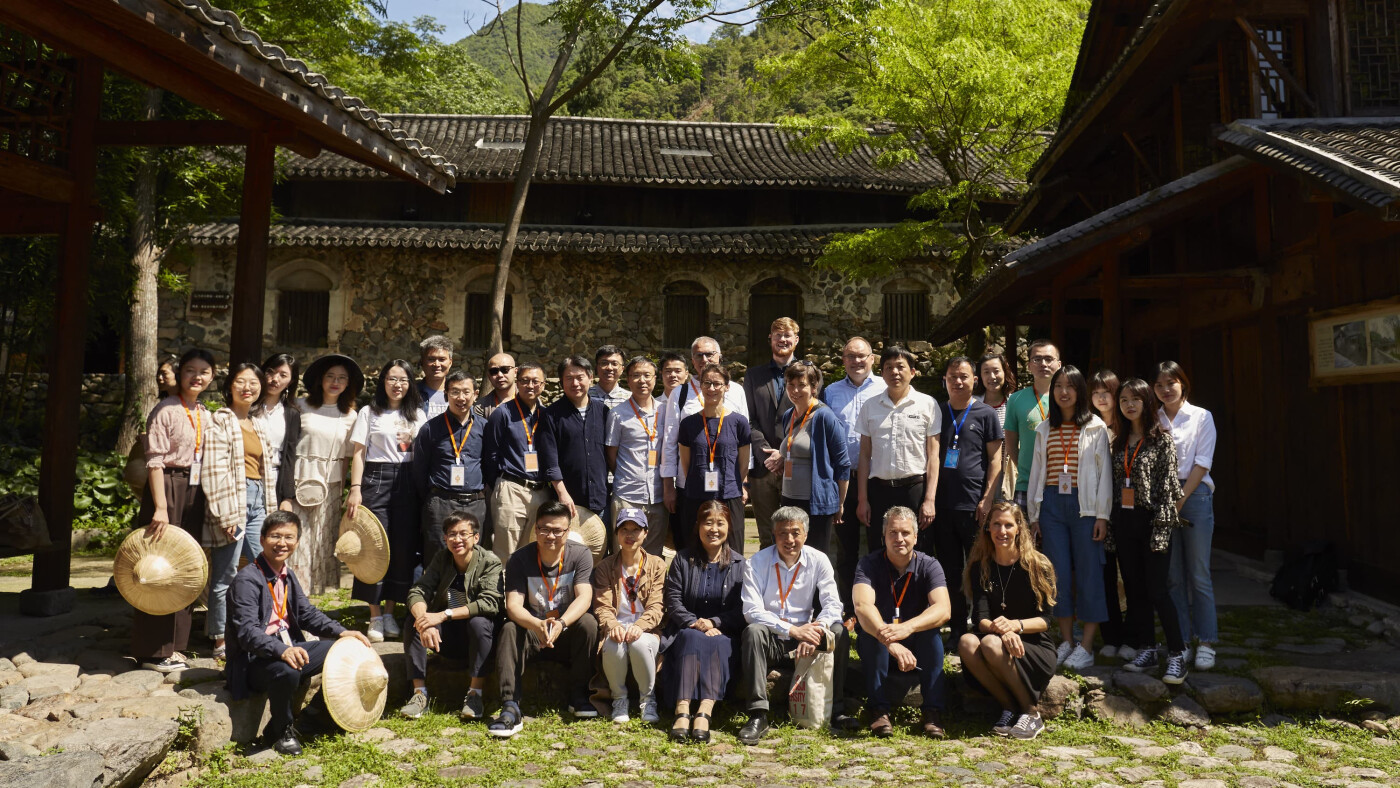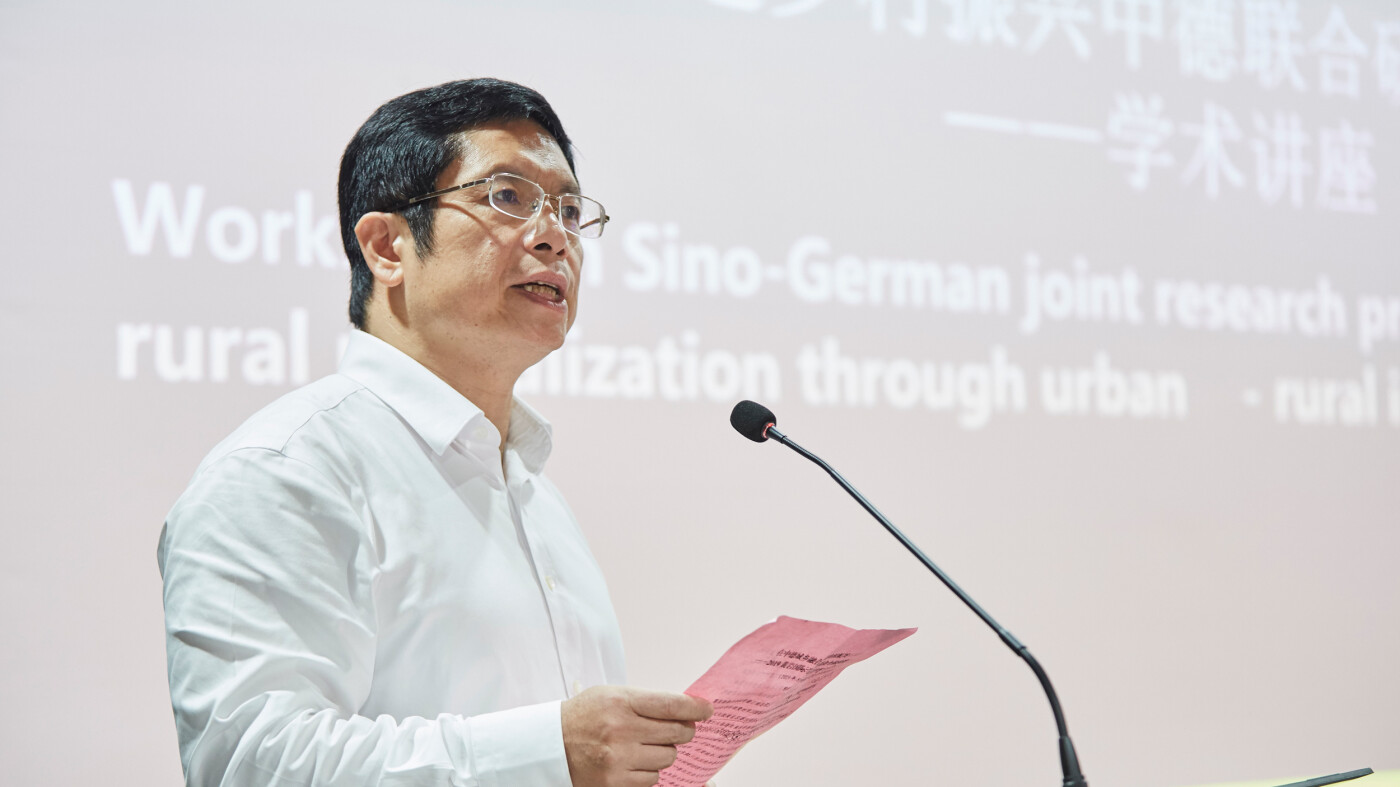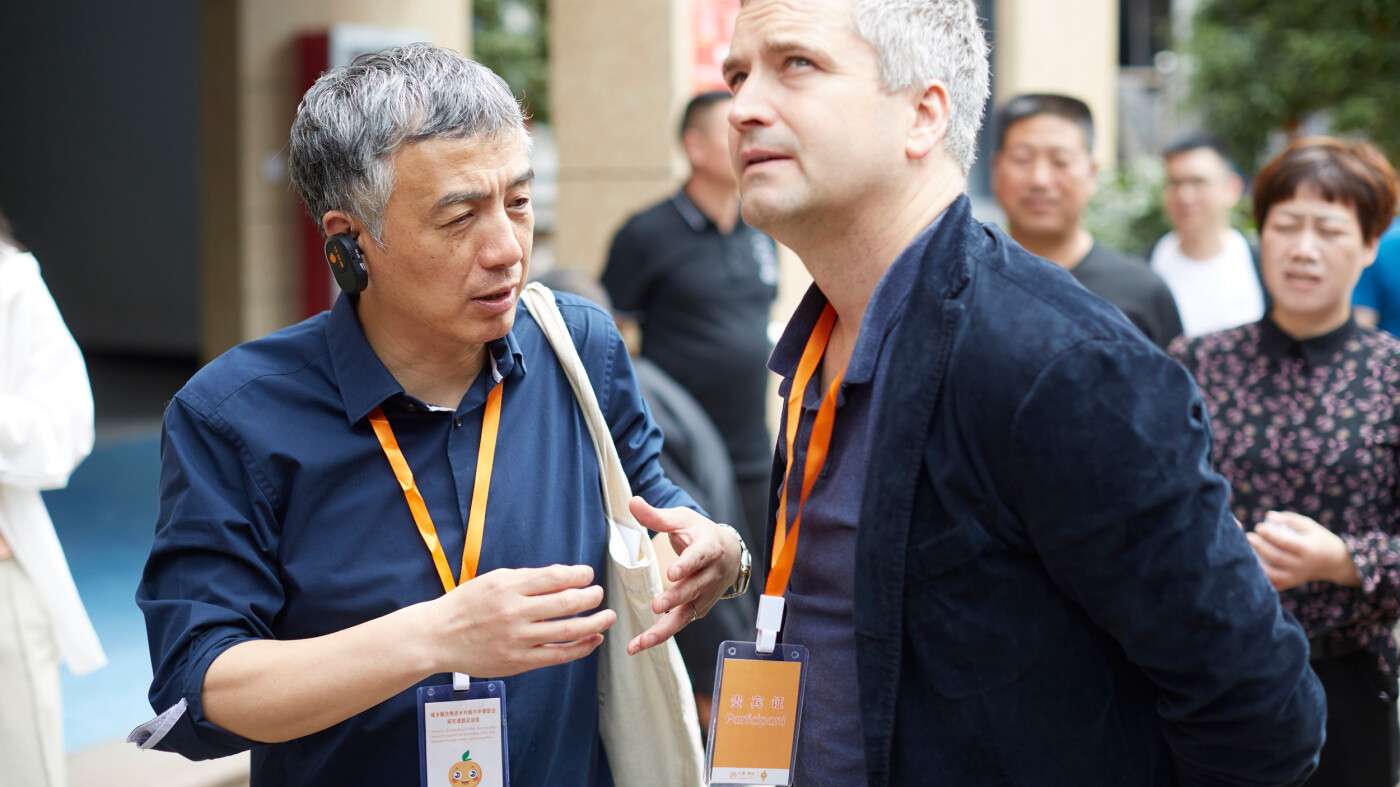Urban-Rural Assembly (URA)
The immense scale of urbanisation across China in recent years has demonstrated the inherent implications of uneven economic, social, and environmental development. As a result, it is vital to expand urban-oriented research and policy design towards fostering more efficient and socio-ecologically balanced transformation processes between large urban concentrations and their rural hinterlands. This is the starting point for the Sino-German research and development project 'Urban-Rural Assembly' (URA), which applies the vastly urbanising region of Huangyan-Taizhou in Zhejiang Province in China as a unique research laboratory and development environment. Two places are being studied in depth by URA: The agricultural Beyiang Town and Xinqian Neighbour- hood, located to the west of Huangyan city centre. They are the so called urban rural living labs of the URA project.
Building on cooperations between leading academic and non-academic partners in the field of sustainable urban and regional transformation in Germany and China, URA creates an inter- and trans-disciplinary research approach aiming to: (1) build a multi-scalar understanding of trans-local urban-rural interdependencies and metabolisms at the urban-rural interface; (2) strengthen urban-rural linkages through developing and implementing community-driven pilot interventions that enhance resource efficiency and reinforce regional circular economies in the fields of cultural heritage, renewable resources and food security, tested in Local Transformation Laboratories (Reallabore); and (3) develop new strategic multi-level, multi-actor governance tools that enable local municipalities to manage urban-rural linkages towards a progressive regional model that builds on socio-ecologically inclusive and cooperative development approaches.
Through the development of transferable planning and governance approaches that include enabling tools and guidelines (i.e. the Raumbild/Leitbild approach already tested in Germany), the project seeks to foster knowledge dissemination across the coastal urbanisation corridor in the research region. URA strives to contribute to the urgent need for creative approaches towards localisation and implementation of the Sustainable Development Goals (SDGs), the New Urban Agenda in China, and beyond.
URA is sponsored by the German Federal Ministry of Education and Research (BMBF) as part of the FONA programme Sustainable Development of Urban Regions based on BMBF’s China Strategy. An initial Definition Phase from 04/2019 to 09/2020 will be followed by the Research and Development Phase (R&D) from 10/2020 to 02/2025. The project has the potential to be extended to an additional two-year Implementation phase from 2025 to 2027.
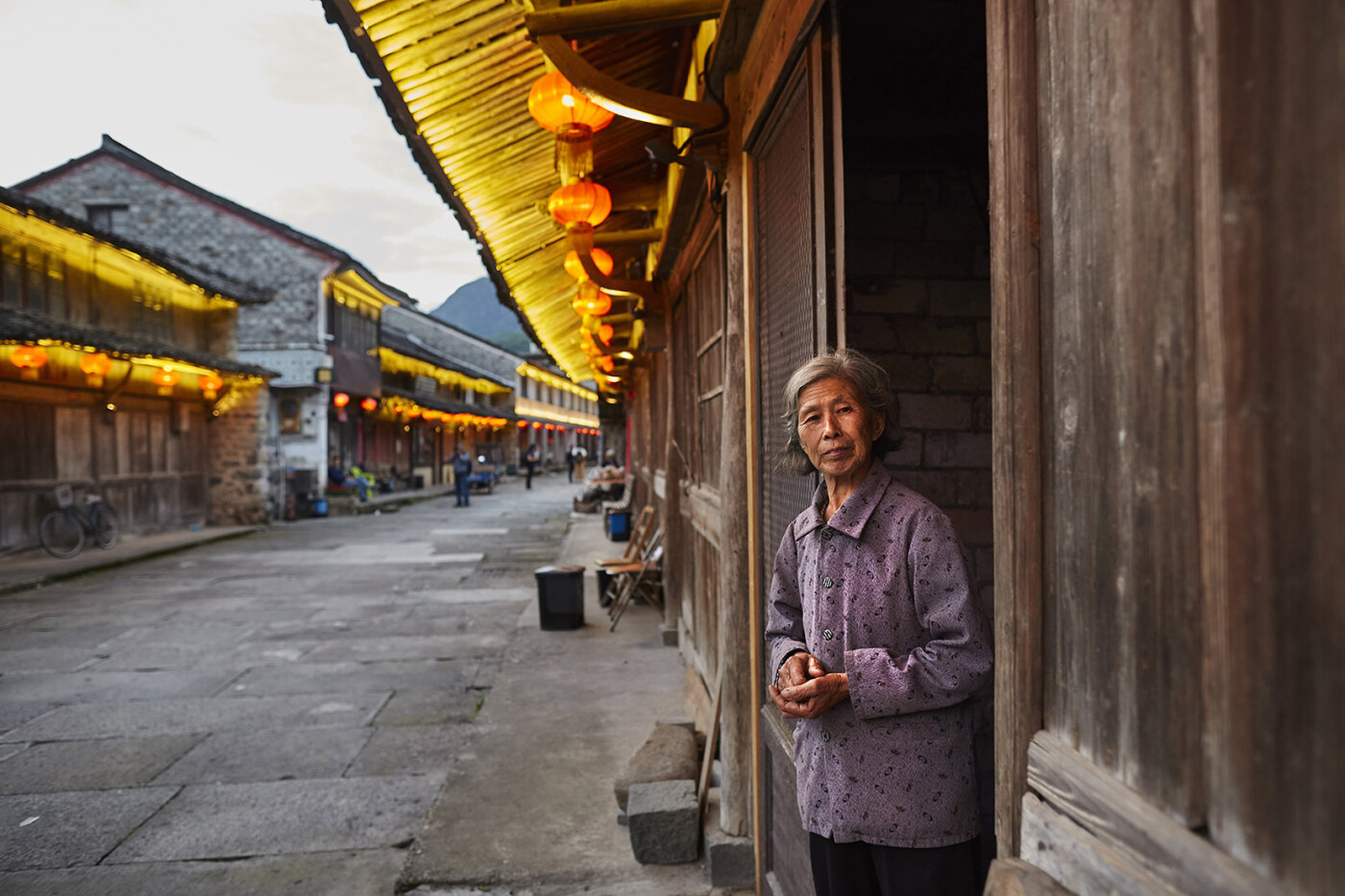
German Consortium

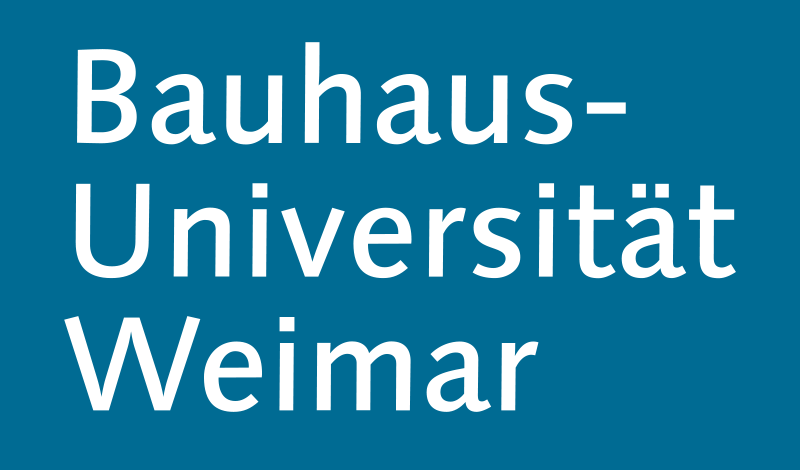
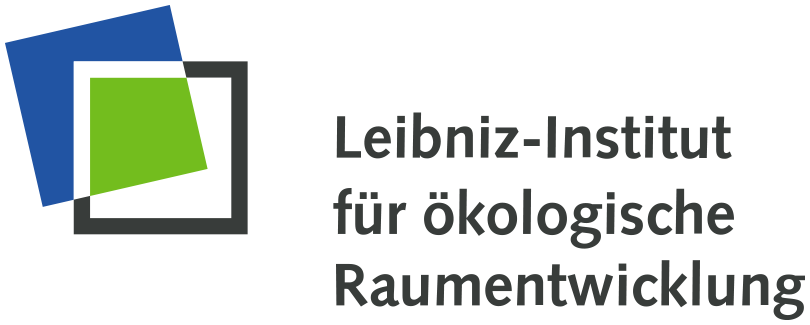
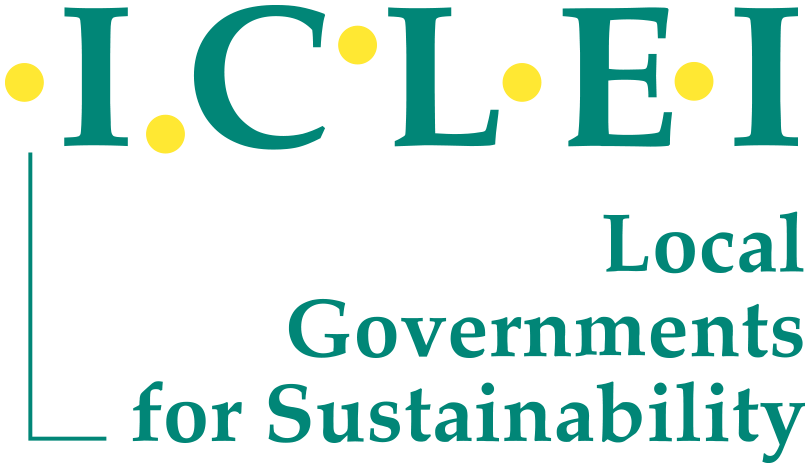
Chinese Consortium
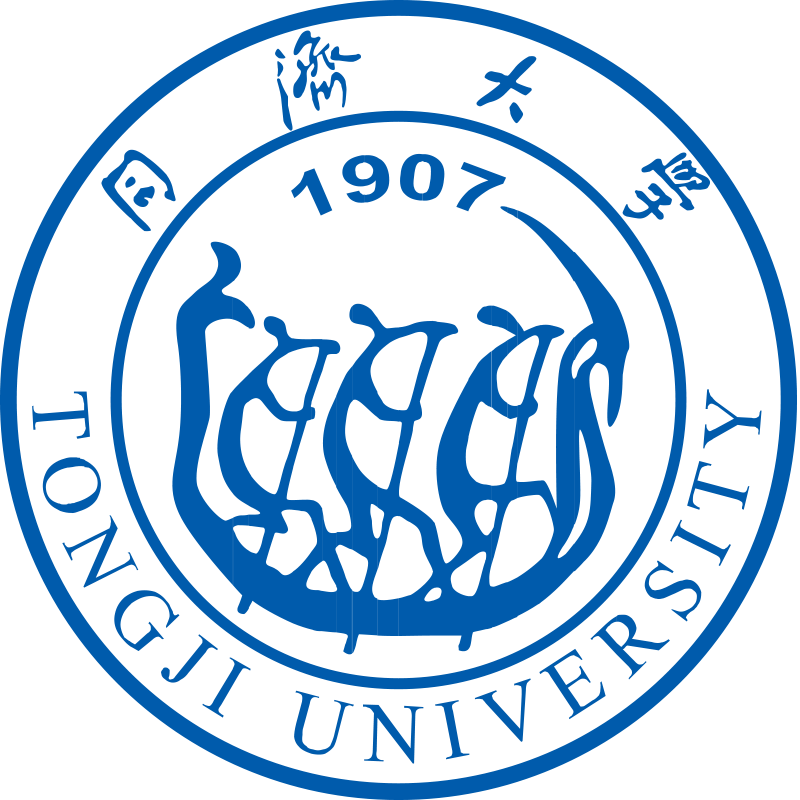
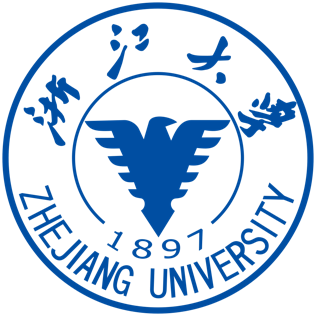
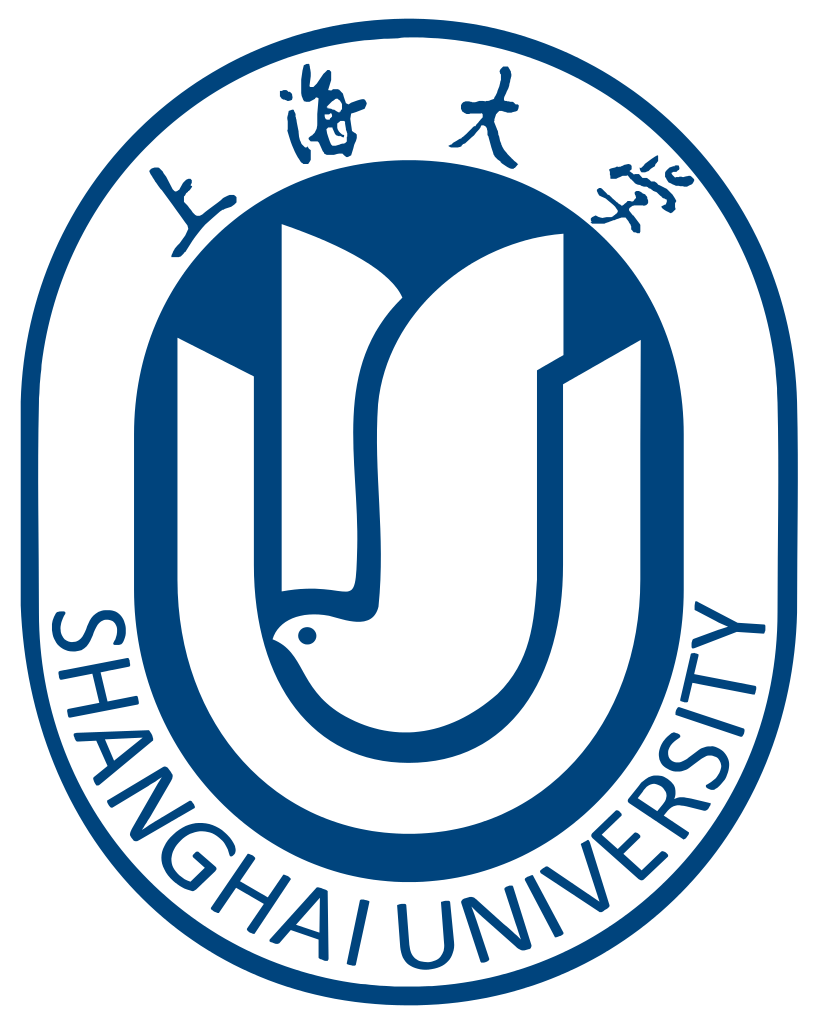
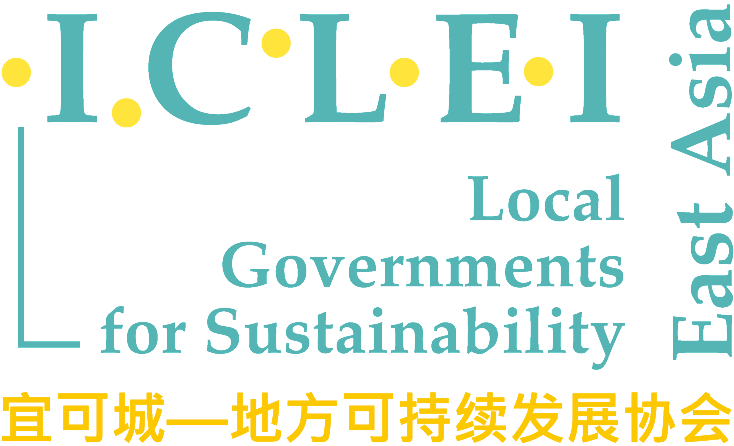
Cooperation Partners
Aiming to encourage an eye-level Sino-German knowledge exchange, URA creates a mutually beneficial research and development partnership linking Chinese and German academic and non-academic partners. This includes leading consortium partners in the field of sustainable urban and regional transformation in Germany and China closely cooperating together with local research institutions and municipalities in the Huangyan-Taizhou region as well as Chinese and German planning and policy departments impacting on local, provincial and national level.
- The People’s Government of Taizhou Municipality
- The People’s Government of Huangyan District
- Taizhou University, Taizhou City
- China Academy of Urban Planning and Design (CAUPD)
- China Association of Circular Economy (CACE)
- CDHK, Deutsch-Chinesisches Hochschulkolleg
- United Nations Human Settlements Programme (UN Habitat)
- International Building Exhibition IBA Thüringen GmbH, Apolda
- Aedes ANCB The Metropolitan Laboratory, Berlin
Project Coordination
Habitat Unit, Department of International Urbanism and Design
Institute of Architecture, Office A 53
Technische Universität Berlin
Strasse des 17. Juni 152, 10623 Berlin
